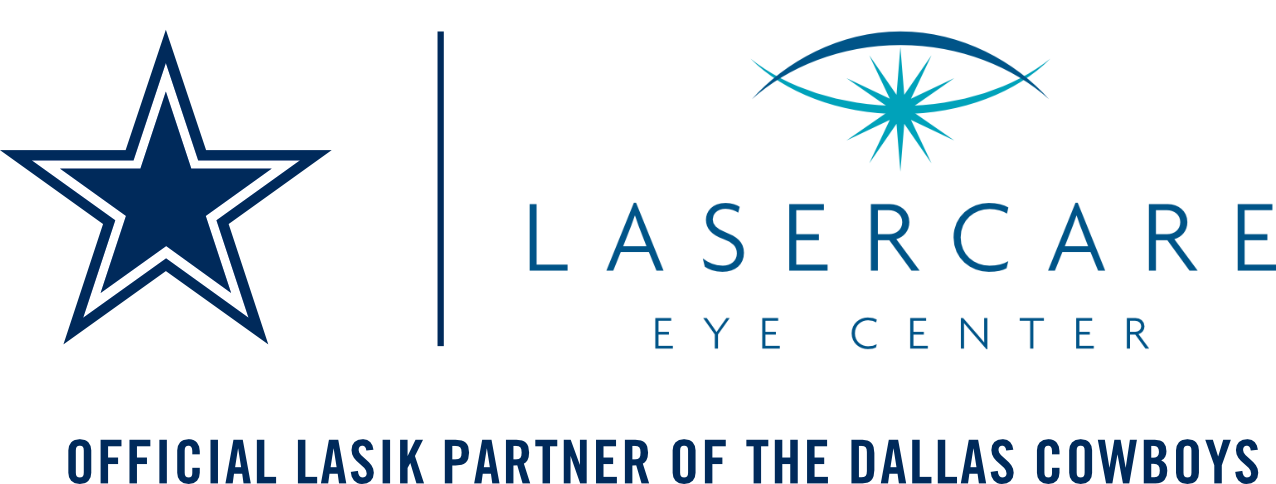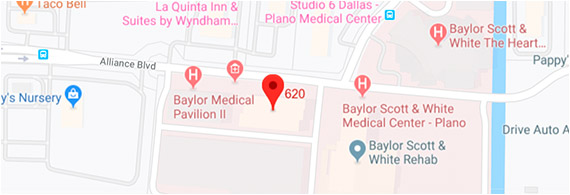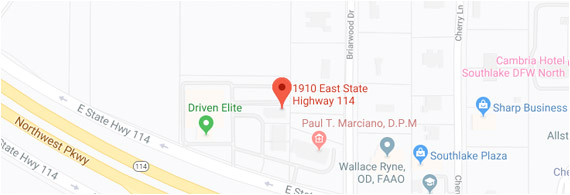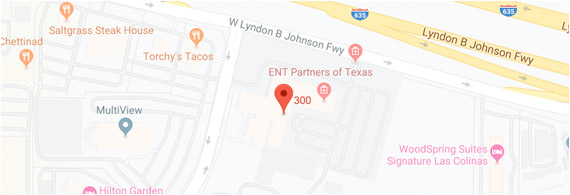ReSTOR or Crystalens Cataract Surgery?
ReSTOR lens or Crystalens implant: which should I get? This is a question that I get a lot (my name is Sidney Gicheru, M.D. and I am a Refractive Cataract surgeon at LaserCare Eye Center, which has locations in Irving and Southlake, Texas). The ReSTOR and Crystalens lens implants are the most commonly used multifocal lens implants used in the U.S. They correct vision at both far distance and near.
Introduction to Cataract Lenses
No man-made lens implant is perfect all the time, in every situation and for every patient. All the currently available lens implants have advantages and disadvantages. A good eye surgeon will consider your eye prescription, your eye health, your needs and requirements to help you determine which lens is best. As a starting point, it is important to look at the data from the FDA trials that approved the ReSTOR and Crystalens lens implants:
Results of the FDA Clinical trial for the ReSTOR lens
99% could see 20/40 (legal driving vision) in the distance without glasses.
94% could read J2 (small newspaper print) without glasses.
85% were 20/25 or better with no glasses.
80% never needed glasses.
Results of the FDA Clinical trial for the Crystalens
98% could see 20/40 (legal driving vision) in the distance without glasses.
42% could read J2 (small newspaper print) without glasses.
87% were 20/25 or better with no glasses.
72% never needed glasses.
Special note: The above information is in the public domain. Please be sure to go to the FDA website ( http://www.FDA.gov) yourself to double check it.
Comparison of the lenses:
ReSTOR Lens:
In my humble opinion, patients get excellent vision at far, intermediate and near distance. Some patients will see rings around lights at night(this resolves within 3-6 months for most patients as they neuro-adapt to the lenses, but it may persist for some).
Crystalens:
In my humble opinion, patients get excellent vision at far and intermediate distance. Near is not as good as the ReSTOR lens. Most patients will need reading glasses for reading small print. To enhance reading, a mini-mono-vision fit is sometimes done (see below).
Cataract Surgeon’s Expertise
Most surgeons are able to exceed the results of the FDA clinical trials using the following specialized techniques:
- Limbal Relaxing Incisions: Neither lens corrects astigmatism. This 1-minute procedure done at the time of your surgery can reduce astigmatism.
- Laser Vision Correction: Either LASIK or PRK can be used to correct residual astigmatism, farsightedness, and nearsightedness. Most Cataract surgeons do not have the lasers required for this. A Refractive Cataract surgeon (like Sidney Gicheru, M.D.) will usually have the equipment and expertise to perform this.
- Mini-monovision: The biggest limitation of the Crystalens is near vision. It does a great job at far and intermediate distance. A workaround is to aim one eye for the distance and leave the other (reading) eye slightly nearsighted (but slightly blurry in the distance) to enhance reading ability.
The Bottom Line
My lens of choice in most cases is the ReSTOR. The main reason is that I can give most patients good vision at all 3 distances: Near, Intermediate and Far distance. But, each case is different and has to be personalized. Each lens has advantages and disadvantages. The patient’s exam, prescription, and needs can only be matched with the correct lens implant taking information from the patient and the eye surgeon. Here are a few generalizations that I would use when trying to decide between a Crystalens or ReSTOR lens:
- Heavy readers: ReSTOR
- Non-readers: Crystalens
- Average sized or short people: ReSTOR
- Extremely Tall people or those who read with arms stretched out: Crystalens.
- People who sew or quilt: ReSTOR
- Pilots, Commercial truck/bus drivers: Crystalens
- Accountants: ReSTOR
- Small or Normal sized pupils: ReSTOR
- Large pupil: Crystalens
- Retina status: Healthy: ReSTOR. Slightly Abnormal: Crystalens
- Golfers: Either
- Hunters: Either
- Extreme Prescription (myopia or Hyperopia): Neither
- Significant Retinal disease: Neither
- LASIK patients with large prescription treated with early generation laser: Neither
- High Astigmatism: Neither (I use the Toric lens implant for this).
- Type A personalities: Neither (please remember neither lens is perfect).
 Sidney Gicheru, M.D. is a Board Certified Ophthalmologist and LASIK surgeon at LaserCare Eye Center (for more information go to dfweyes.com In addition to LASIK, he performs Refractive Cataract surgery (ReSTOR, Crystalens, and Toric lens implants). For more information call 214-328-0444 or 817.481.2727. This article ReSTOR or Crystalens Cataract surgery was written by Sidney Gicheru, M.D.
Sidney Gicheru, M.D. is a Board Certified Ophthalmologist and LASIK surgeon at LaserCare Eye Center (for more information go to dfweyes.com In addition to LASIK, he performs Refractive Cataract surgery (ReSTOR, Crystalens, and Toric lens implants). For more information call 214-328-0444 or 817.481.2727. This article ReSTOR or Crystalens Cataract surgery was written by Sidney Gicheru, M.D.





